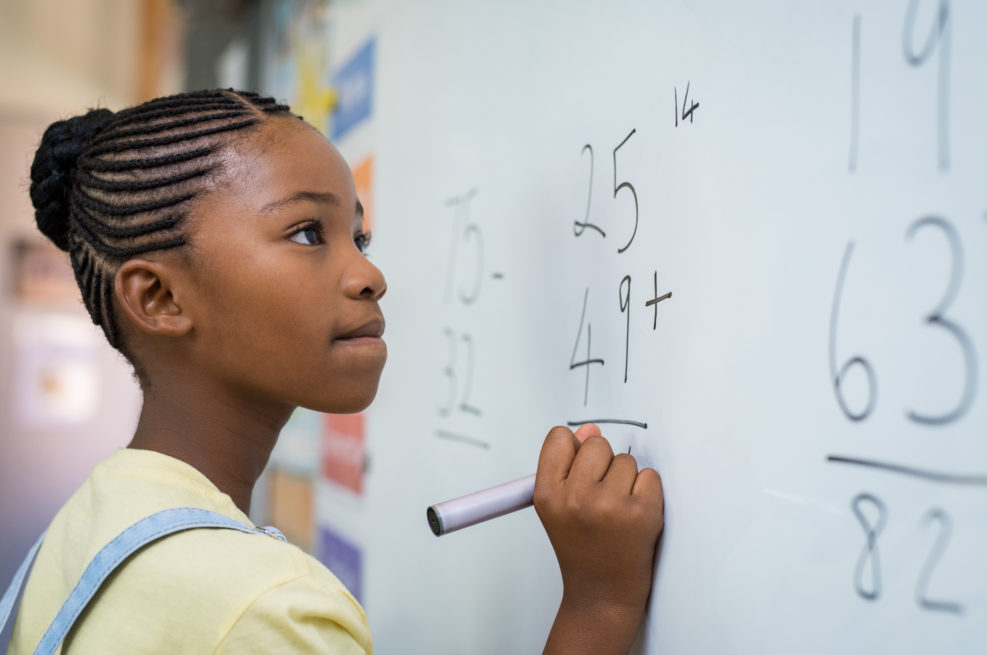
If You Make One Resolution in 2023, It Should Be This: Experts
Humans were born to think. To pause in order to think. Excessive social media use disrupts that abilityThis story originally appeared at the New York Post (December 31, 2022) Remember those bathroom readers filled with trivia, factoids, and stories? They’ve been entertaining in the throne room since 1988. Though the 35th anniversary edition came out last fall, it probably won’t hit the bestseller lists. The truth is most of us have something else to distract us in the bathroom — our smartphones. We pull them out on the john, at stoplights, in line at checkout, while we pump gas — virtually anywhere we have to wait for more than ten seconds. The lure of social stimuli gives us a dopamine hit that keeps us coming back any time we get a minute. But what if we’re cheating ourselves out Read More ›


















